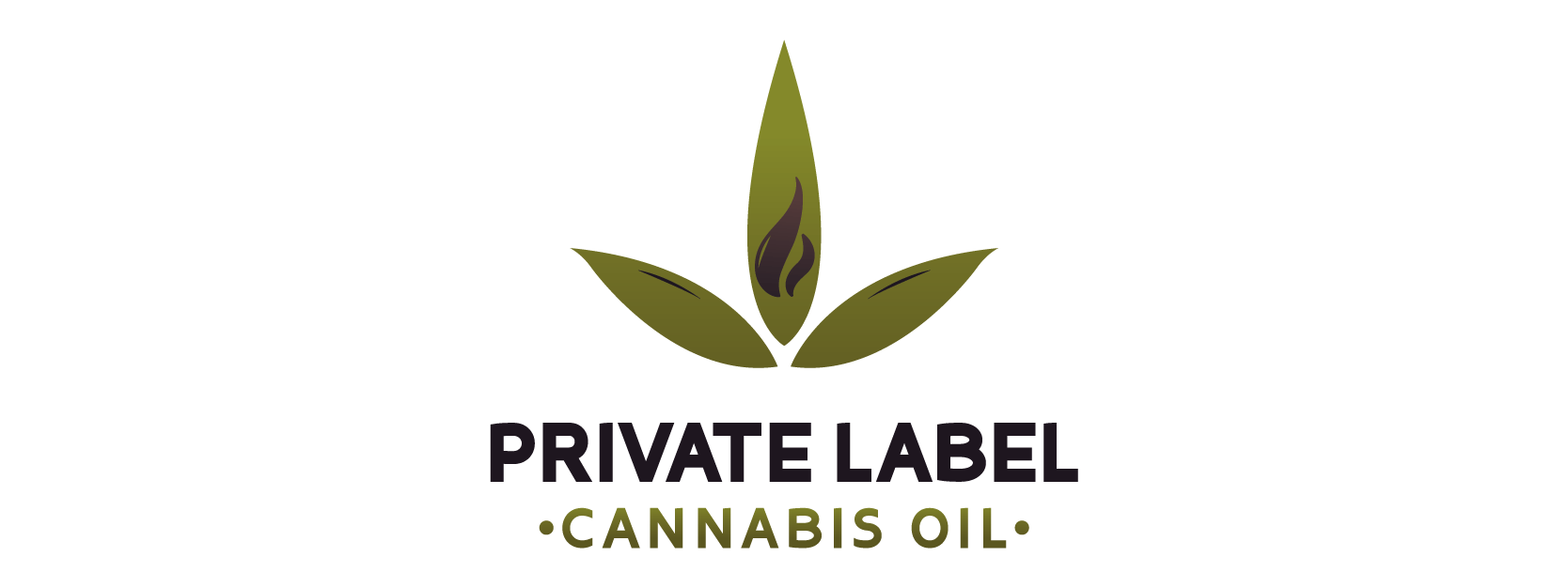In the rapidly evolving cannabis industry, private labeling has become a powerful tool for small brands seeking to carve out their space in a competitive market. Private labeling refers to the process of partnering with established manufacturers to produce cannabis products that are branded and marketed under a retailer’s or distributor’s name. For emerging cannabis businesses, this approach offers several key advantages, from cost efficiency to accelerated market entry.
Cost-Effective Market Entry
One of the biggest hurdles for small cannabis businesses is the high capital requirement for cultivation, extraction, and manufacturing facilities. According to Deloitte’s Cannabis Report, the cost of building a licensed cannabis production facility can easily reach into the millions, making it prohibitive for many entrepreneurs. Private labeling eliminates the need for this upfront investment. Instead, small brands can focus resources on branding, distribution, and customer engagement while leaving product development and compliance in the hands of trusted manufacturing partners.
Access to Expertise and Quality Assurance
Private label manufacturers often bring years of technical expertise in extraction methods, formulation, and compliance. For instance, companies such as SōRSE Technology and FloraWorks specialize in creating consistent cannabis emulsions and minor cannabinoids that meet regulatory standards. This allows small brands to deliver premium-quality products without having to build in-house R&D teams. Moreover, because private label partners must adhere to strict state testing protocols, smaller brands gain access to products that are compliant and reliable, building trust with consumers.
Faster Speed to Market
In an industry where trends shift rapidly—from the popularity of live resin to the rise of solventless extracts—time is often the difference between success and irrelevance. Private labeling dramatically reduces the time required to bring a product to market. According to BDSA, cannabis consumer preferences can shift within 6 to 12 months, particularly for edibles and beverages. Small brands leveraging private label partnerships can respond quickly, introducing new product formats and flavors without long development cycles.
Brand Differentiation and Flexibility
While private labeling provides access to standardized product formulations, it also allows for customization. Brands can work with manufacturers to tailor terpene profiles, cannabinoid ratios, or packaging design to stand out on crowded dispensary shelves. A survey by Headset (2024) found that more than 60% of consumers choose cannabis products based on brand recognition and packaging appeal. For small businesses, private labeling offers the chance to build identity and loyalty without being limited to generic offerings.
Reduced Operational Risk
Cannabis remains one of the most heavily regulated industries in the U.S., with each state imposing unique compliance frameworks. For small brands, keeping up with shifting regulations can be overwhelming. Private label manufacturers often have compliance teams dedicated to monitoring and meeting state requirements. This reduces risk exposure for small businesses, allowing them to scale responsibly while maintaining focus on sales and marketing strategies.
Scalable Growth Opportunities
Perhaps the most compelling advantage of private labeling is scalability. A small cannabis brand may start with one product line—such as infused gummies or vape cartridges—but can quickly expand into other categories through the same manufacturing partner. This creates opportunities to test markets, gather consumer feedback, and grow product lines strategically. As brands scale, some eventually transition to partial or full vertical integration, but private labeling provides the foundation for growth without overextending resources.
Final Thoughts
For small cannabis brands, private labeling is more than just a cost-saving tactic—it is a strategic pathway to compete with larger multi-state operators (MSOs). By reducing barriers to entry, providing access to expertise, and enabling brand flexibility, private labeling empowers entrepreneurs to focus on what matters most: building meaningful connections with consumers. As the cannabis industry continues to mature, private labeling will remain an essential driver of innovation and diversity in the marketplace.
Learn More: Behind the Purchase: How Retail Buyers Weigh Branded vs. In-House Lines
